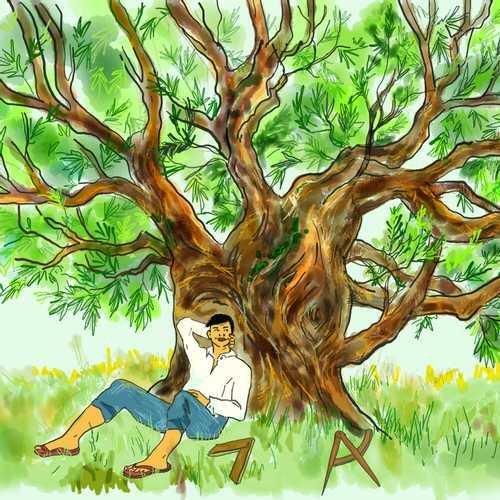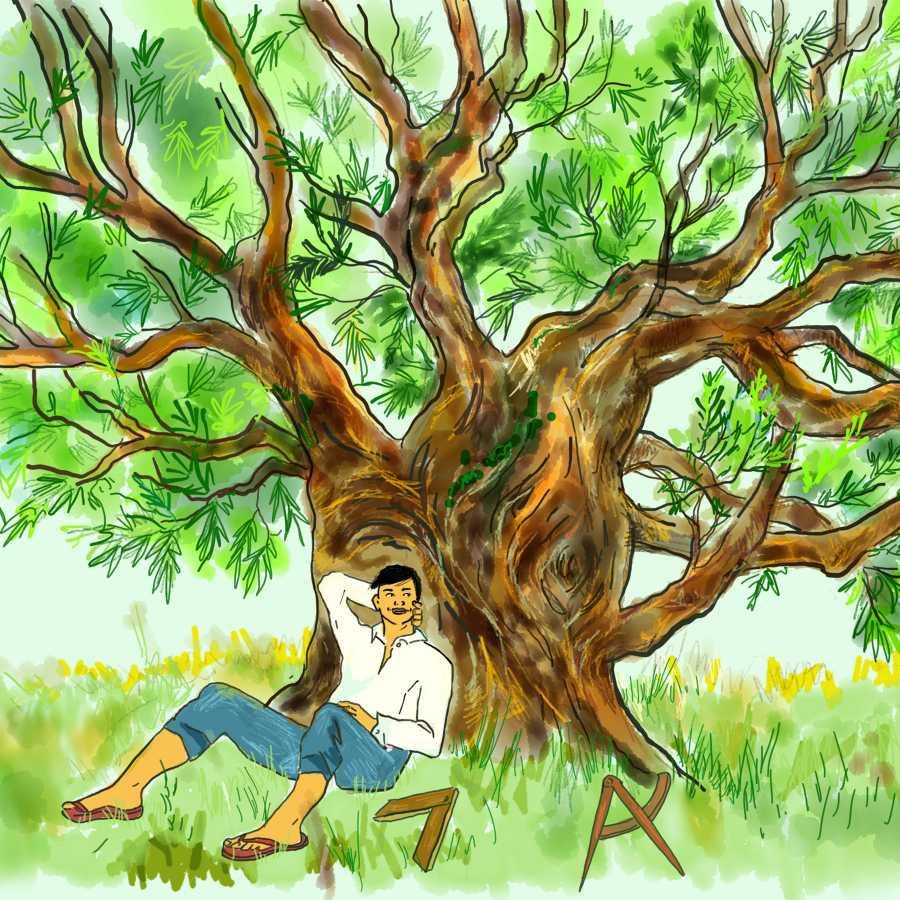How to be useless | Psyche Guides
Curated from: psyche.co
Ideas, facts & insights covering these topics:
6 ideas
·675 reads
7
2
Explore the World's Best Ideas
Join today and uncover 100+ curated journeys from 50+ topics. Unlock access to our mobile app with extensive features.
Reclaiming our lives
The first chaper of an ancient Daoist masterpiece (attributed to Zhuang Zhou, c369-286 BCE) concludes with a discourse about a huge twisted and knotted tree that made its wood unusable. Huizi considers the tree useless, and so everyone spurns it. But his friend Zhuangzi responds, "relax and do nothing by its side, or lie down for a free and easy sleep under it."
Zhuangzi suggests further that we should not always aim for usefulness nor strive to produce or do things that benefit ourselves or others. He thought we could reclaim our lives and be happier if we became more useless.
26
213 reads
Becoming useless
In modern times, we often hear how we should avoid useless things such as pursuing the arts or humanities education. Or we are told to only allow for these things if they benefit the economy or human welfare.
But Zhuangzi offers an antidote to this way of thinking and demonstrates that you can improve your life if you let go of the idea of wanting to serve a purpose. He argues that usefulness in itself should not be the purpose.
29
138 reads
Celebrate gnarly trees
"Axes will never shorten its life, nothing can ever harm it. If there's no use for it, how can it come to grief or pain?"
A gnarled and bumpy tree cannot be reduced to its usefulness. By extension, neither can a human being. If one stops to focus on its usefulness, one can come to enjoy them.
Zhuangzi similarly describes disabled people. They should be celebrated for who they are and not try to be fixed or changed.
21
88 reads
Being useful isn't always good for us
Trying to be useful can end up harming you. For example, the gnarly tree can remain standing because it is deemed useless, but a neat and straight tree is cut down for timber.
We should refrain from casting ourselves and our doings in terms of how much we contribute to the economy, the greater good, or even our future selves. Instead, we should be drifting, wandering, not concerned about praise or condemnation.
24
95 reads
A useless life is free
Throughout his book, Zhuangzi puts the ideas of freedom and play opposite usefulness. He thinks we need to reject the concept of usefulness because it does not make us happier or more in harmony with nature.
Zhuangzi does not recommend that we shut ourselves away from society or give up a lucrative position to become a hermit in a mountain cabin. Instead, Zhuangzi responds to a mindset - that usefulness should be last when we evaluate our life choices.
23
79 reads
Become your true self
Welfarism is the idea that the value of something or someone is limited by if we or others benefit from it. A handful of philosophers in the West have argued against it. For example, Susan Wolf argues that 'we should think more creatively and imaginatively about the value of things we love in ways that are not confined to identifying some way in which we or others benefit from them.'
Zhuangzi reasons that it is enough to simply be. Zhuangzi's vision might be likened to 'finding your groove'. Those who enjoy computers become programmers. Others become tennis players, surgeons, gardeners.
27
62 reads
IDEAS CURATED BY
Miles 's ideas are part of this journey:
Learn more about motivationandinspiration with this collection
The power of gratitude and positive thinking
Ways to improve your mood
Simple daily habits for a happier life
Related collections
Similar ideas
Read & Learn
20x Faster
without
deepstash
with
deepstash
with
deepstash
Personalized microlearning
—
100+ Learning Journeys
—
Access to 200,000+ ideas
—
Access to the mobile app
—
Unlimited idea saving
—
—
Unlimited history
—
—
Unlimited listening to ideas
—
—
Downloading & offline access
—
—
Supercharge your mind with one idea per day
Enter your email and spend 1 minute every day to learn something new.
I agree to receive email updates



